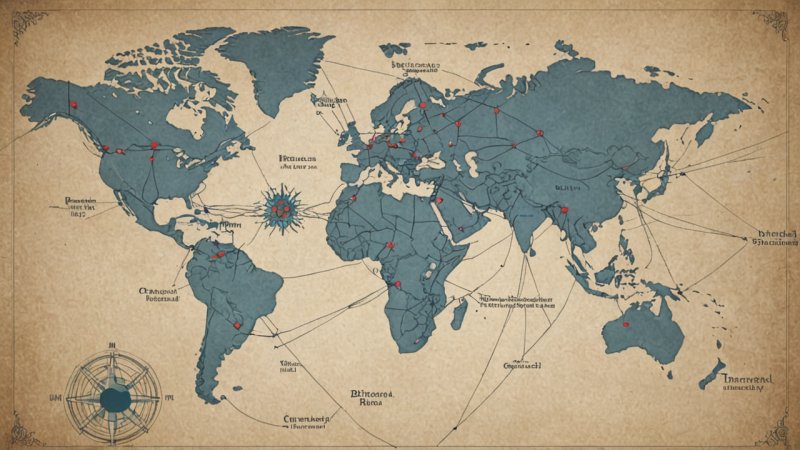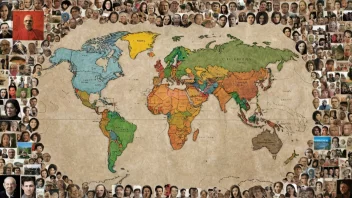In today's interconnected world, the dynamics of international relations play a pivotal role in shaping global policies. From trade agreements to climate action initiatives, the intricate web of diplomatic ties influences how countries collaborate and respond to global challenges. Understanding the nuances of this relationship is essential for anyone interested in global governance and policy-making.
International relations encompass the interactions between countries, including diplomacy, conflict, trade, and cultural exchange. These interactions are guided by principles such as sovereignty, territorial integrity, and mutual recognition. As nations engage with one another, their policies often reflect their strategic interests, cultural values, and economic needs.
One key aspect of how international relations shape global policies is through treaties and agreements. For instance, the Paris Agreement on climate change demonstrates how nations can come together to address a pressing global issue. This landmark accord, adopted in 2015, reflects a collective commitment to reduce greenhouse gas emissions and limit global warming. Such agreements are often the result of extensive negotiations influenced by the diplomatic relations between participating countries.
Furthermore, international organizations such as the United Nations (UN), World Trade Organization (WTO), and World Health Organization (WHO) play significant roles in facilitating cooperation and establishing norms. These institutions provide platforms for dialogue and negotiation, helping to mediate conflicts and promote collaborative solutions. For example, the WHO's response to global health crises, such as the COVID-19 pandemic, illustrates how international relations can mobilize resources and expertise across borders to tackle shared challenges.
In addition to treaties and organizations, international relations also shape global policies through economic interdependence. Countries are increasingly linked through trade and investment, which can create incentives for collaboration. For instance, the rise of multinational corporations has led to the development of global supply chains that require countries to work together to ensure stability and efficiency. Economic partnerships can lead to shared policies on labor standards, environmental protections, and intellectual property rights.
However, the interplay between international relations and global policies is not without challenges. Geopolitical tensions, such as those seen in trade wars or military conflicts, can hinder cooperation and lead to fragmented policies. Additionally, differing national priorities can complicate consensus-building, as seen in debates over climate action or human rights. Thus, the effectiveness of global policies often hinges on the ability of nations to navigate their relationships diplomatically.
In conclusion, international relations are a critical determinant of global policies. Through treaties, international organizations, and economic ties, nations influence one another and collectively address global challenges. However, the complexities of geopolitics can also complicate these efforts. As we move forward, fostering strong diplomatic relationships will be essential for developing effective and inclusive global policies that respond to the needs of our interconnected world.






